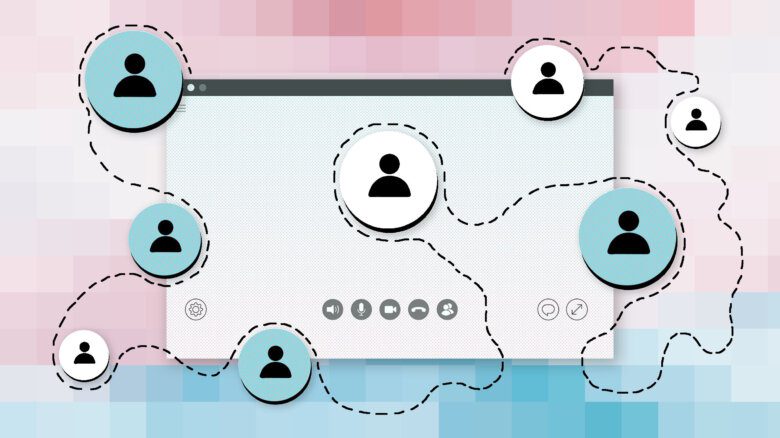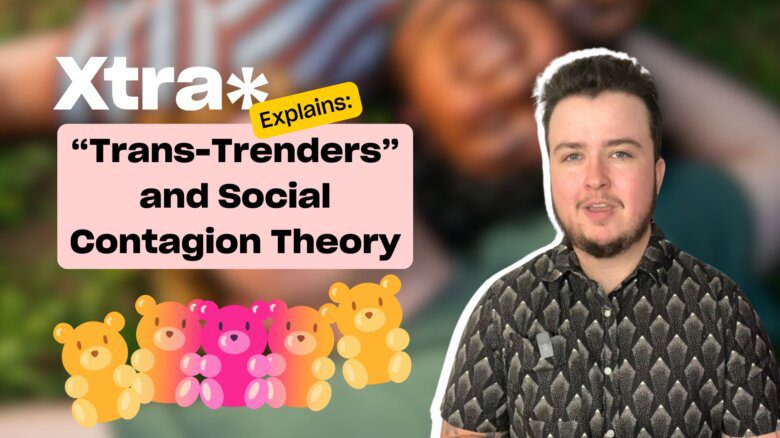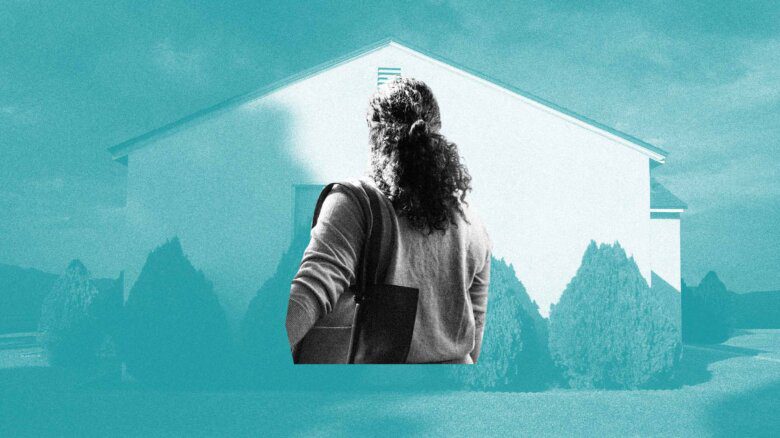Queer and trans people of colour in North America are raising children in significant numbers, but the love they have for their families often goes unrecognized. While this group is more likely than their white counterparts to have children under the age of 18 living at home, white lesbian and gay parents remain overrepresented both in popular culture and the literature on LGBTQ2S+ families, according to a 2020 report from researchers at the University of Calgary, University of Columbia and the University of Michigan Dearborn.
The feelings of invisibility and erasure are palpable among LGBTQ2S+ parents of colour, especially those forced to contend with a reproductive health crisis, systemic racism, homophobia and transphobia while building their families.
It’s the premise behind the Facebook group Black LGBTQ+ Moms and Parents, which originated with the intention of nurturing the relationship that Black mothers and parents have with their kids. By discussing their unique issues and sharing wins, parents in the group are finally finding refuge.
Founded by Mia Cooley in May 2019, the online community consists of an extensive network of Black queer and trans people, boasting more than 3,000 members. By cultivating a chosen family, Black LGBTQ+ Moms and Parents has allowed couples and single parents to feel empowered in their parenting journeys, connecting members with inclusive and affirming providers, financial resources and other necessary tools.
Cooley, a queer, pansexual parent of three kids, says she started Black LGBTQ+ Moms and Parents out of necessity, after experiencing how mainstream online groups for moms weren’t inclusive of LGBTQ2S+ parents of colour. She recalled facing numerous microaggressions and not feeling a true sense of belonging.
“I was really struggling in other mommy groups and queer groups with just having to consistently humanize myself, validate our family structures and dynamics, and whatever journeys we took to parenting,” Cooley, who lives in Washington, D.C., tells Xtra. “While I was looking for support and sisterhood, I wasn’t getting that, and it was really, really frustrating.”
Cooley is experiencing the many joys and adventures that come with raising three children—aged four, nine and 15—each of whom are at different stages in their development. (She birthed one of her kids and two are the product of a blended family with her partner.) But despite how much love her family has brought into her life, Cooley says that being an Black parent in a same-sex relationship comes with its share of anxieties.
“When I was pregnant, I would go to the doctor, and they would be like, ‘Where’s your husband?’” she says, emphasizing that she has to routinely come out as an LGBTQ2S+ parent. “I never know what [kind of] person I’m going to get. I may get someone that’s not affirming of my identity or not affirming of my path to building a family, and that feels dangerous.
“It’s already dangerous to give birth as a Black person,” Cooley adds, “and it’s already dangerous to live as a queer person.”
Cooley’s experiences are emblematic of the many landmines LGBTQ2S+ people encounter on their paths to and during parenthood. According to the U.S.-based LGBTQ2S+ advocacy and research non-profit Movement Advancement Project, an estimated 2 million children in the United States are being raised by LGBTQ2S+ parents; between 20 percent and 40 percent of LGBTQ2S+ individuals ages 25 and over are raising children across 47 states. Yet LGBTQ2S+ families face numerous legal barriers in jurisdictions across the U.S. For example, 19 states and three territories have no explicit protections against adoption discrimination based on sexual orientation or gender identity. And 11 states permit state-licensed child welfare agencies to refuse to place and provide services to children and families if doing so conflicts with their religious beliefs.
That’s in stark contrast to the LGBTQ2S+ parenting landscape in Canada: every province and territory has legalized adoption of children by same-sex couples, and various paths to parenthood are legally recognized.
Members of Black LGBTQ+ Moms and Parents hail predominantly from the U.S., Canada and the United Kingdom, and the Facebook group consists of posts from families navigating daily life as well as virtual meetups in which parents share their unique challenges and seek guidance. Most information sessions take place online so resources can be shared broadly, whether it’s assistance with financial planning, access to fertility specialists or help with finding legal aid.
But for Pride Month this year, Cooley hopes members of Black LGBTQ+ Moms and Parents can build those connections in person. The group is planning its largest in-person gathering ever: the Black Parent PRIDE Summit, set to take place in Atlanta, Georgia, from June 26 to 27. More than 30 speakers and 150 attendees are expected at the two-day conference.
Last year, Black LGBTQ+ Moms and Parents was chosen to participate in the Facebook Community Accelerator, a selective program which provides executive coaching, access to new products and funding to participants to help them organize and strengthen their communities. Meta, Facebook’s parent company, is financially supporting the upcoming Black Parent PRIDE Summit, which organizers hope will help spread the word about the resources the group offers.
Moderators of Black LGBTQ+ Moms and Parents say they are proud of the space they’ve helped to cultivate—all of which stems from understanding the importance of safe spaces and the knowledge that there are other parents who share a similar love for their children.
“It’s not lost on any of us that we sit at multiple intersections of marginalization,” Karissa Garmon, one of the group’s moderators and a queer and pansexual parent herself, tells Xtra. “And so I think we come into this space really just actively knowing, living, resting in that safety.”
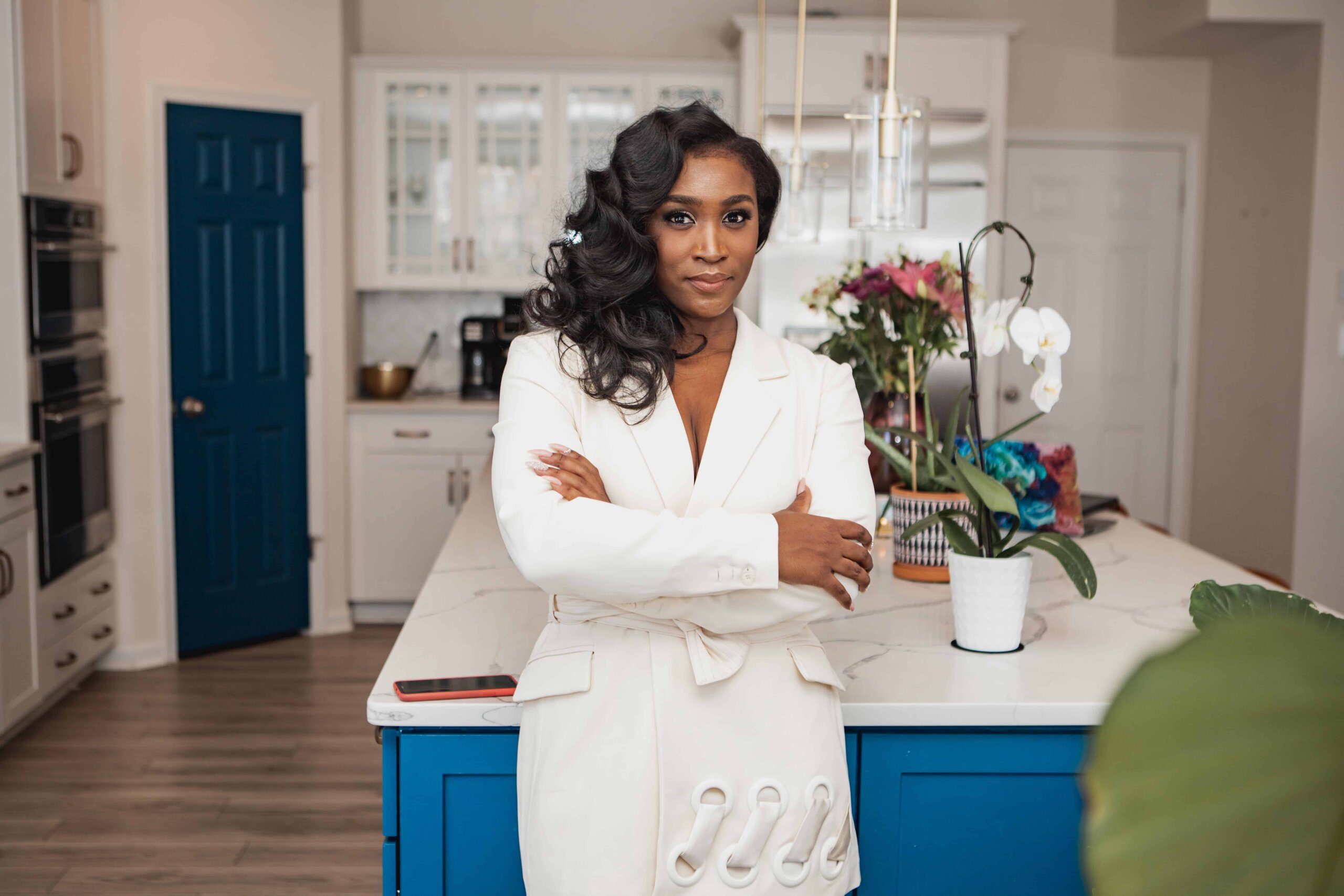
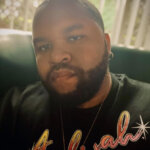
 Why you can trust Xtra
Why you can trust Xtra